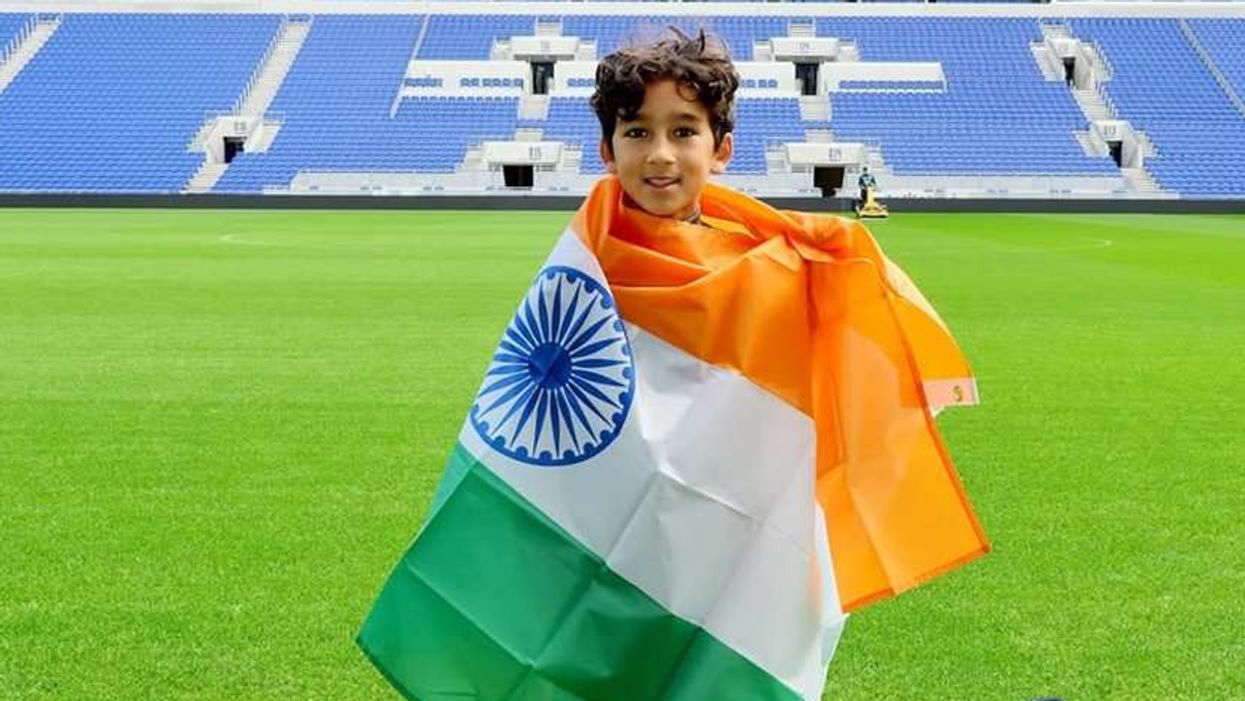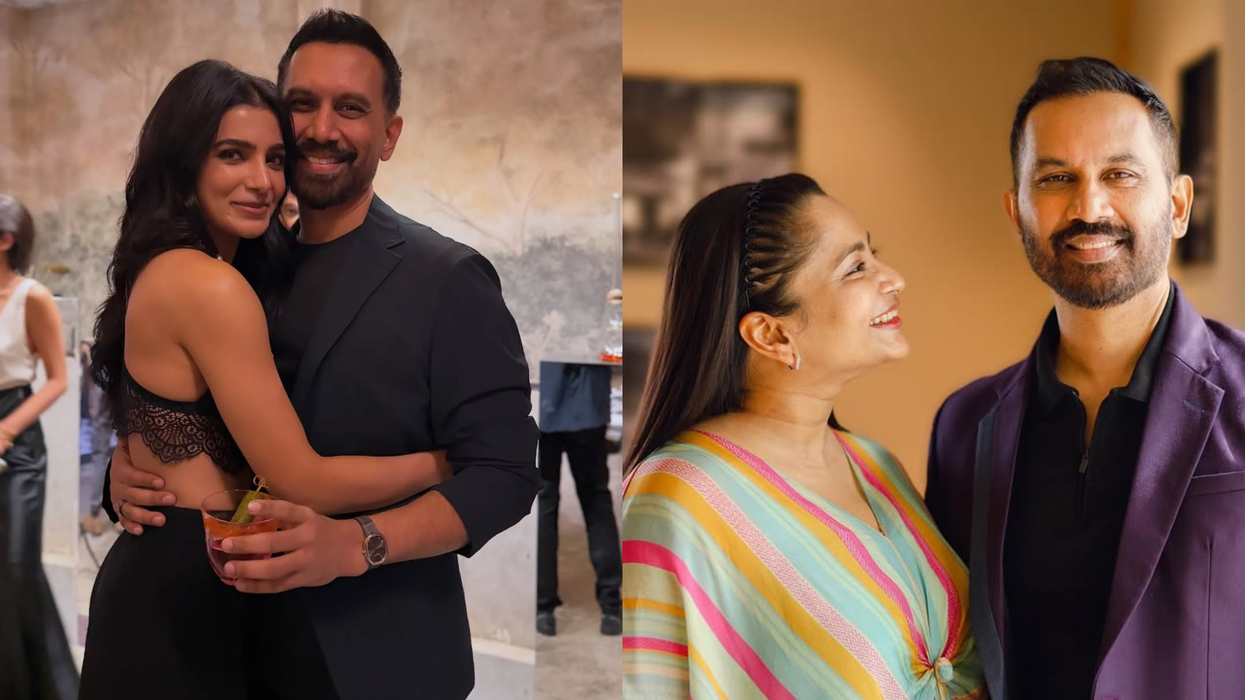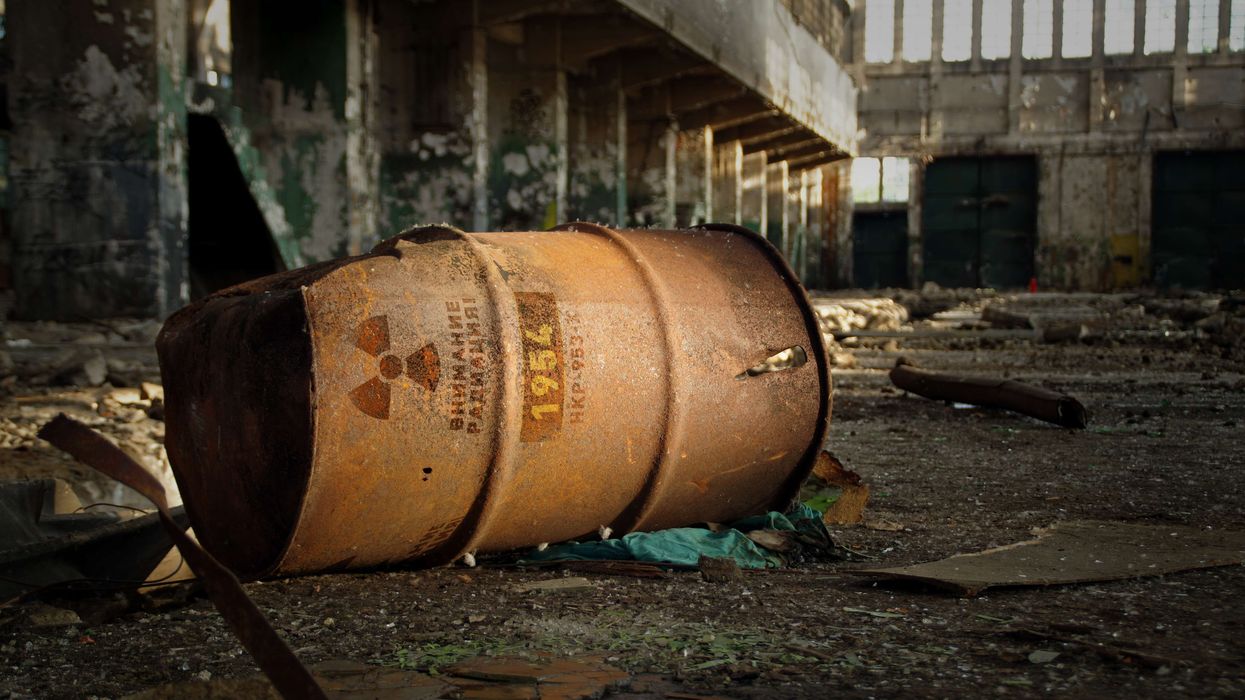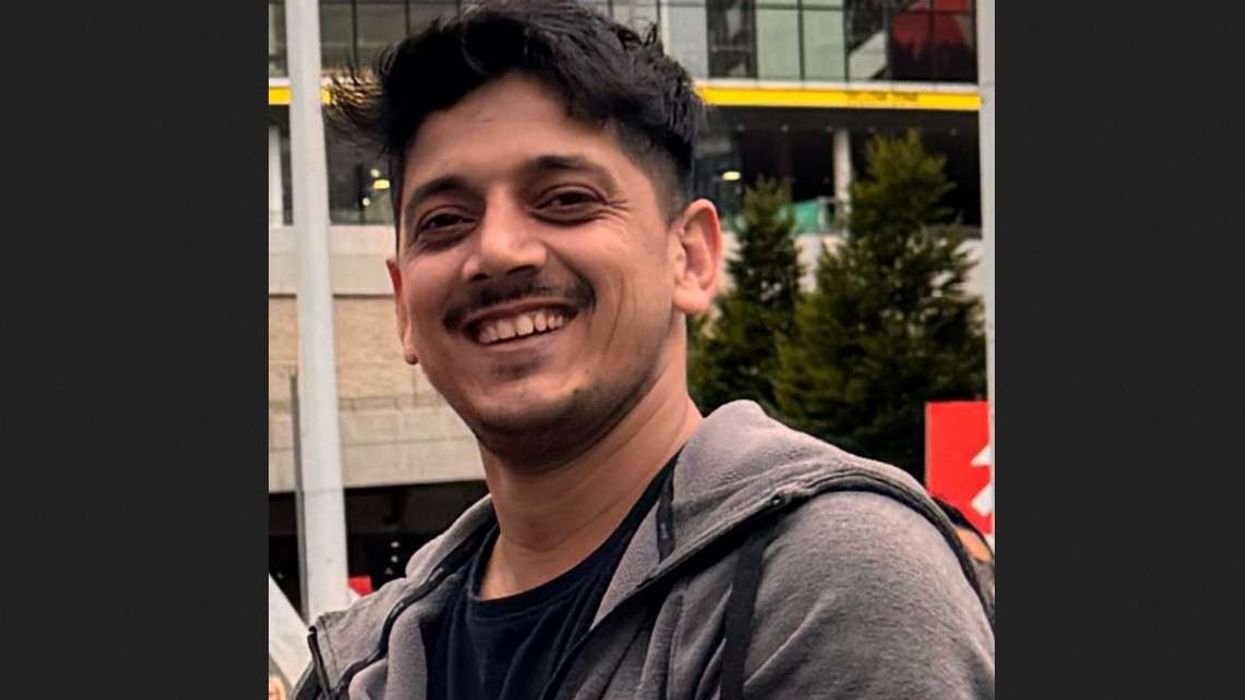by SUNDER KATWALA
Director, British Future
I THOUGHT about Stephen Lawrence most days when the Macpherson report came out 20 years ago.
It sparked our most prominent national debate about race and injustice to date. And I had recently moved to Eltham, so I was living on Well Hall Road, just yards from the memorial plaque marking where Stephen had fallen and died.
That blur of hatred which killed Stephen in a few frenzied seconds as he waited for a number 161 bus home contrasted bewilderingly with the everyday normality of this busy road, the local Co-op surrounded by kebab shops and curry houses.
Local defensiveness about the murder – couldn’t such a tragic event have happened anywhere? – downplayed the spate of racist attacks in Eltham and Greenwich in that era, stirred up by the BNP’s (British National Party) national headquarters in nearby Welling.
Shockingly, white paint was splashed on Stephen’s memorial plaque on the day the Macpherson report came out, embarrassing the police again as it turned out that the CCTV camera overseeing it had not been switched on. That stable door was bolted, with a police vigil there the following week. Our bored doorstep copper undermined the leadership’s public message of contrition, wondering why the politicans and the media were making so
much fuss about what the police had got wrong.
Stephen’s murder came to shock his country, eventually. Macpherson reported six years after his brutal 1993 killing. It took until 1997 for the case to become infamous: the police’s inability to convict the guilty was exacerbated by the swaggering impunity of the prime suspects at his inquest.
Doreen Lawrence’s persistent campaign for justice mobilised a spectacularly broad coalition. Anti- racism groups and radical lawyers found themselves the unusual allies of Daily Mail editor Paul Dacre, persuading New Labour home secretary Jack Straw to call the public inquiry.
For campaigners against injustice, the hearings told a wearingly familiar story. Many in middle England, empathising with the Lawrences’ loss, saw that old story of racial discrimination through new eyes, creating an impetus for change in Whitehall, Westminster and Scotland Yard.
Macpherson characterised the police’s failure as arising from a combination of “professional incompetence and institutional racism”. The government brought the police into the scope of race relations laws, through a new public duty on all public bodies to consider race equality. Headlines heralding a ‘historic race relations revolution’ appeared in the Mail and other tabloids, not just the liberal broadsheets.
That breadth of support proved harder to maintain in the years ahead.
Giving evidence to a select committee last week, Doreen noted the lack of any clear tracking of progress against all 70 Macpherson recommendations.
Barbara Cohen’s Runnymede Trust briefing observes the diluting of race equality legal protection after 2010, with counter-pressure from government to minimise ‘red tape’ and its immigration and counter-terror policies.
Metropolitan Police commissioner Cressida Dick sees the Macpherson report as defining police reform for her generation, but black and Asian citizens remain sceptical about the pace of change.
In British Future’s attitudes research, most see progress in reducing racism over half a century, but the majority view is we have mostly been treading water since the 1990s. Only a fifth think unfair treatment by the police happens less often now, with a third believing things are much the same, and a third fearing the situation is getting worse.
This may underestimate the efforts the police have made in family liaison, victim support and work with communities, but recent reviews of stop and search and the Lammy review of criminal justice illustrate the stark persistence of racial inequalities. The gradual increase in the ethnic diversity of the Met Police lags far behind the increasingly diverse population that it serves.
The strength of Macpherson’s report was its focus on institutions. But the emotional punch of the word ‘racism’ – which most of us intuitively associate with prejudice, and the conscious intention to discriminate – has made ‘institutional racism’ a highly polarising label. The concept aimed to establish that unfair outcomes do not only result from malign intentions. The past 20 years show why ‘institutional racism’ will always prove a difficult concept to drive reforms. Even when bodies accept how much work they must do to tackle discriminatory outcomes and deliver fair treatment, institutions always struggle to apply the dreaded r-word to themselves.
Macpherson recognised that we need a whole of society approach to tackling discrimination. Prime minister Theresa May’s race audit, the most prominent public expression of ‘burning injustices’ on inequality since Macpherson, could have been a foundation for joining the dots. But the capacity of the government to act on anything except Brexit is in doubt. Opposition parties, disappointingly, have not seized the opportunity to embrace the principle of race equality audit, raising the bar on how to turn it into action.
Twenty years on from Macpherson, race equality needs to return to the spotlight for the pace of change to increase again.












